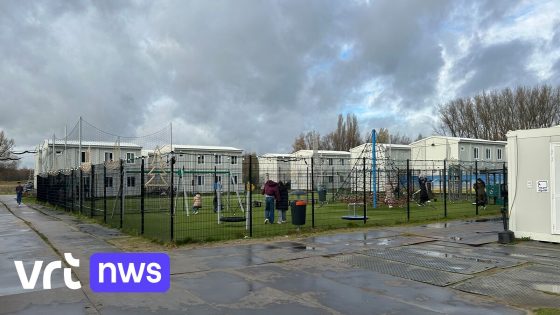Seat warns that 1,500 jobs are at risk if the European Union maintains tariffs on cars imported from China. This concern was highlighted by the company’s president, Wayne Griffiths, during a recent interview. The tariffs could lead to the halt of production for the Cupra Tavascan, an electric model made in China, impacting operations at their Martorell plant.
- 1,500 jobs at risk due to tariffs
- Seat's electric model: Cupra Tavascan
- EU imposes 30.7% import tariff
- Tariffs threaten production at Martorell
- Compliance with CO₂ emissions regulations
- Union seeks meeting with company leadership
EU Tariffs on Chinese Cars Threaten Jobs in Spain’s Automotive Industry
How could European tariffs on imported cars from China affect local jobs? Seat’s warning about 1,500 potential job losses highlights the intricate link between international trade policies and local economies.
Impact of Tariffs on Electric Vehicle Production and Emissions Standards
The European Union’s decision to impose a 30.7% tariff on Chinese-made vehicles, including the Cupra Tavascan, could have ripple effects on production in Spain. This tariff was intended to protect European manufacturers but may inadvertently harm companies like Seat.
- 1,500 jobs at risk at the Martorell plant.
- Potential halt in Cupra Tavascan production.
- Increased emissions penalties for Seat without the Tavascan.
- Need for urgent action from EU regulators to address these concerns.
Understanding the Connection Between Tariffs and Local Job Security
The tariffs are not just numbers; they represent real people and livelihoods. Seat’s Cupra Tavascan is crucial for balancing CO₂ emissions from combustion engine models. Without it, Seat risks exceeding EU emissions limits, leading to hefty fines and further job cuts.
What Can Be Done to Mitigate the Impact of Tariffs?
To navigate this challenging landscape, Seat is urging the EU to reconsider the tariffs. Engaging with policymakers in Brussels could help secure the future of the Martorell plant and its workforce. Stakeholders are calling for a collaborative approach to protect jobs while ensuring compliance with environmental standards.
The Broader Implications for the Automotive Industry
This situation is not unique to Spain. Similar tariff challenges are faced by automakers in the U.S. and around the world. As countries navigate trade policies, the automotive industry must adapt to maintain competitiveness and protect jobs.
In conclusion, the ongoing tariff situation serves as a reminder of the interconnectedness of global trade and local economies. As Seat navigates these challenges, the outcome could set a precedent for how automotive companies respond to international trade policies.





























